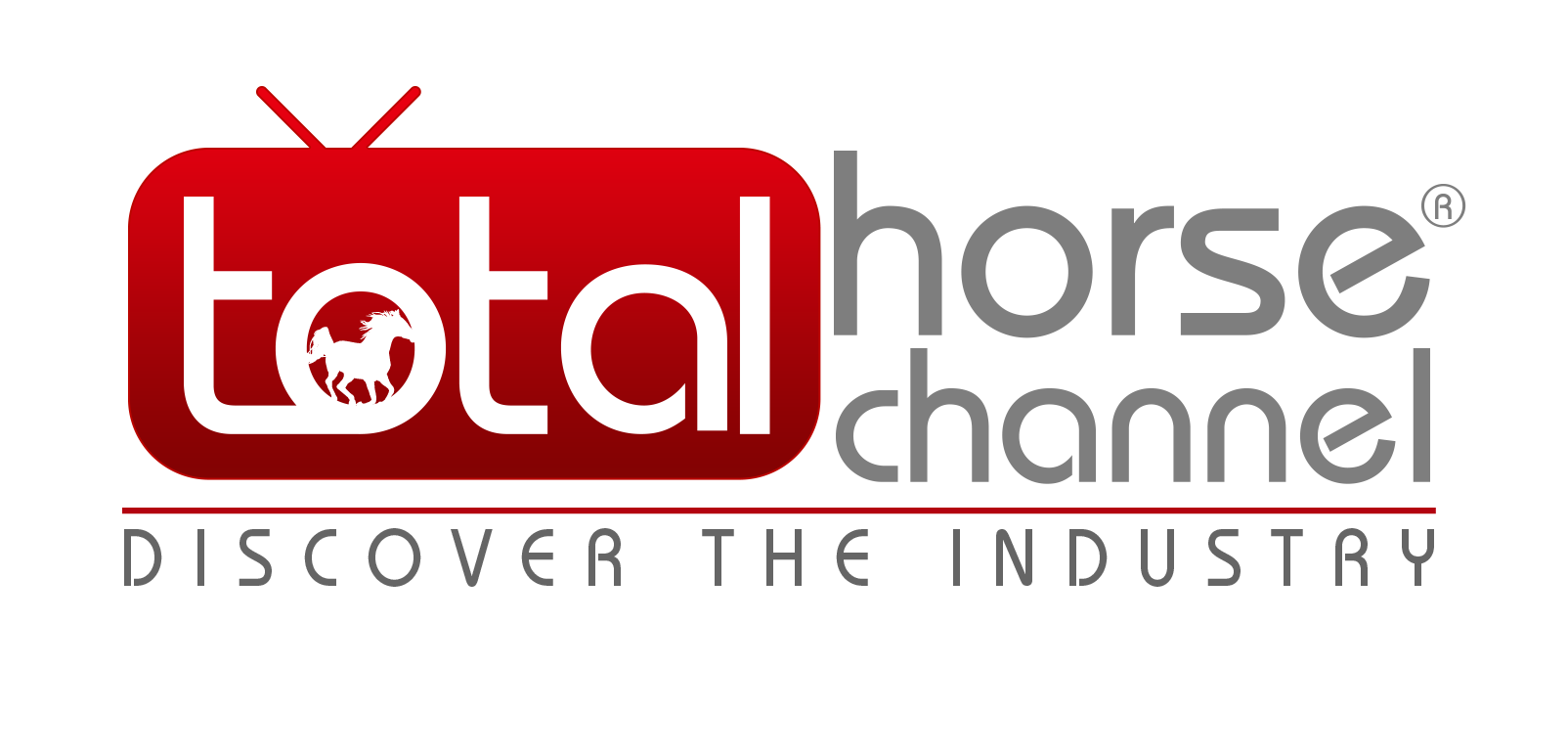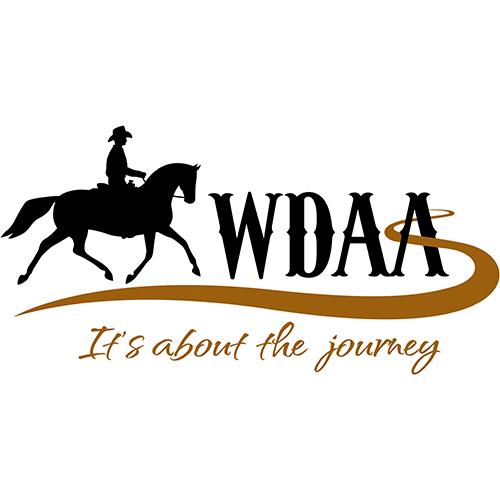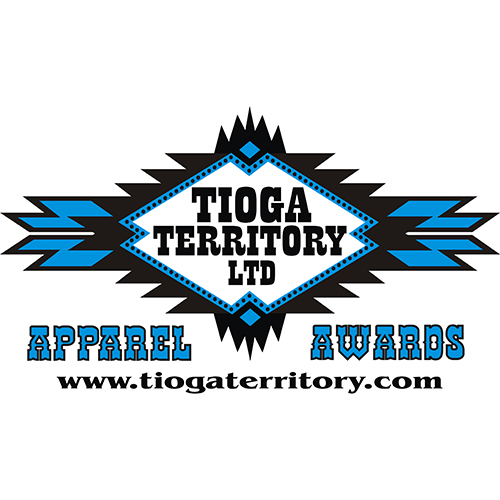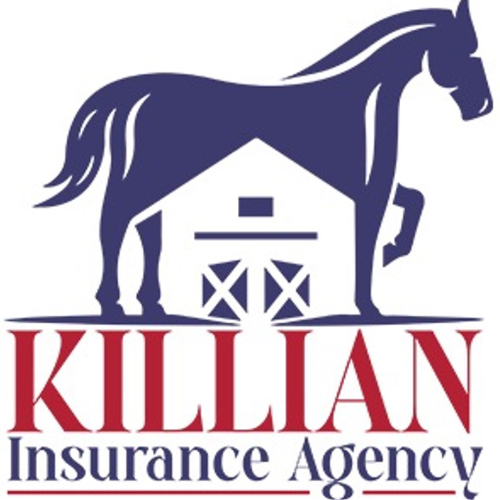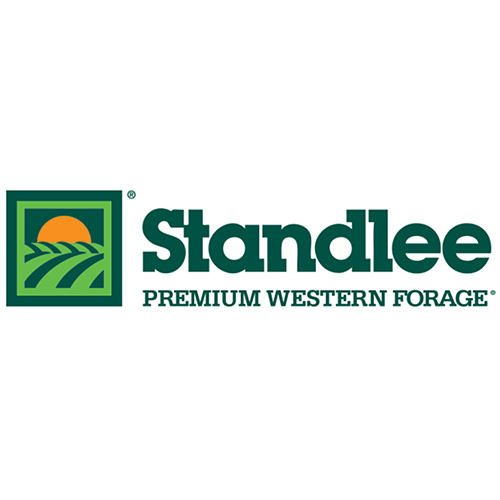In horse racing, owning a racehorse is often seen as a symbol of prestige and excitement. The thrill of watching a horse compete and potentially win at high-level races draws many enthusiasts into the sport.
However, the costs and responsibilities associated with outright ownership can be overwhelming. This is where racehorse shares come into play, offering a more accessible and affordable way for new owners to experience the exhilaration of racehorse ownership.
Understanding Racehorse Syndication
Racehorse syndication allows multiple individuals to own shares in a single racehorse, dividing the costs and responsibilities. Each owner holds a percentage of the horse, meaning that instead of one person shouldering the entire financial burden, it’s spread across all the shareholders. This model allows more people to be involved in horse racing without a significant upfront investment.
Moreover, ownership through syndication offers flexibility. Some syndicates allow for smaller shares, enabling individuals to dip their toes into the sport without committing much money. For new owners, this structure can provide a practical entry point into racehorse ownership.
As such, working with organizations like Annabel Neasham Racing would be an excellent idea. They offer potential owners the chance to participate in syndicates, making ownership more approachable and appealing.
The Financial Benefits of Racehorse Shares
One of the most appealing aspects of racehorse shares is the shared cost. Owning a racehorse outright can be prohibitively expensive, with costs ranging from the initial purchase to ongoing training, veterinary care, and maintenance. By purchasing a share in a racehorse, owners only need to cover a fraction of these expenses, which makes the financial commitment more manageable.
In addition to the initial savings, racehorse shareholders can also benefit from any prize money the horse wins. This income is divided among the shareholders based on the percentage of the horse they own. While the prize money might not always be substantial, the potential for a return on investment is still a draw for many new owners. In some cases, the horse’s value may also appreciate, which can lead to profits when the horse is sold or retired to stud.
Access to Top Trainers and Facilities
Another significant advantage of owning a share in a racehorse is access to high-quality training and facilities. Many syndicates partner with top trainers with a proven track record of success in the industry. For example, trainers work with syndicates to ensure the horses under their care receive the best possible training and attention. New owners who might not have the connections or knowledge to secure a top trainer can also benefit from the expertise and resources that come with syndicate ownership.
Furthermore, racehorses owned through syndicates often have access to world-class facilities. This includes state-of-the-art stables, training tracks, and rehabilitation services, all contributing to the horse’s performance on race day. For new owners, being part of a syndicate provides assurance that their horse is receiving the best possible care.
The Social and Experiential Benefits

Beyond the financial and practical benefits, racehorse syndication also offers a unique social experience. Many syndicates foster community among their members, organizing events and gatherings where shareholders can meet, network, and discuss their shared passion for racing. These events often include exclusive access to race days, stable tours, and opportunities to meet the trainers and jockeys involved in the care and performance of the horse.
For new owners, joining a syndicate can be a highly rewarding experience. It allows them to enjoy the social side of horse racing while sharing in the collective excitement of seeing their horse compete.
Mitigating Risk in Racehorse Ownership
While racehorse ownership can be exciting, it also comes with inherent risks. Horses can suffer injuries, underperform, or fail to meet expectations. For an individual owner, these setbacks can be both emotionally and financially draining. However, racehorse syndication spreads the risk across multiple owners and reduces the impact of any negative outcomes.
Additionally, when an individual purchases a share in a racehorse, they diversify their investment. Since syndicates often own several horses, the risk is spread even further. If one horse doesn’t perform well, another in the same syndicate may have a better chance of success. This approach makes racehorse ownership less daunting for new owners, as they’re not placing all their resources into a single horse.
A Stepping Stone to Full Ownership
For many new owners, racehorse shares provide a stepping stone to full ownership. Starting with a share in a racehorse allows individuals to learn the ropes of the racing industry without taking on the full financial and logistical burden. Over time, as they gain experience and confidence, some owners may increase their share in a horse or even purchase a racehorse outright.
The syndication model also offers a low-risk introduction to the sport, making it an attractive option for those passionate about racing but hesitant to dive in completely.
Lastly, by starting with racehorse shares, new owners can build their knowledge, establish connections within the racing community, and gradually increase their involvement in the sport.
Final Thoughts
Racehorse shares have become a popular choice for new owners due to their accessibility, affordability, and the unique experience they offer. By keeping the information mentioned above in mind, new owners can make their dreams of racehorse ownership a reality.
